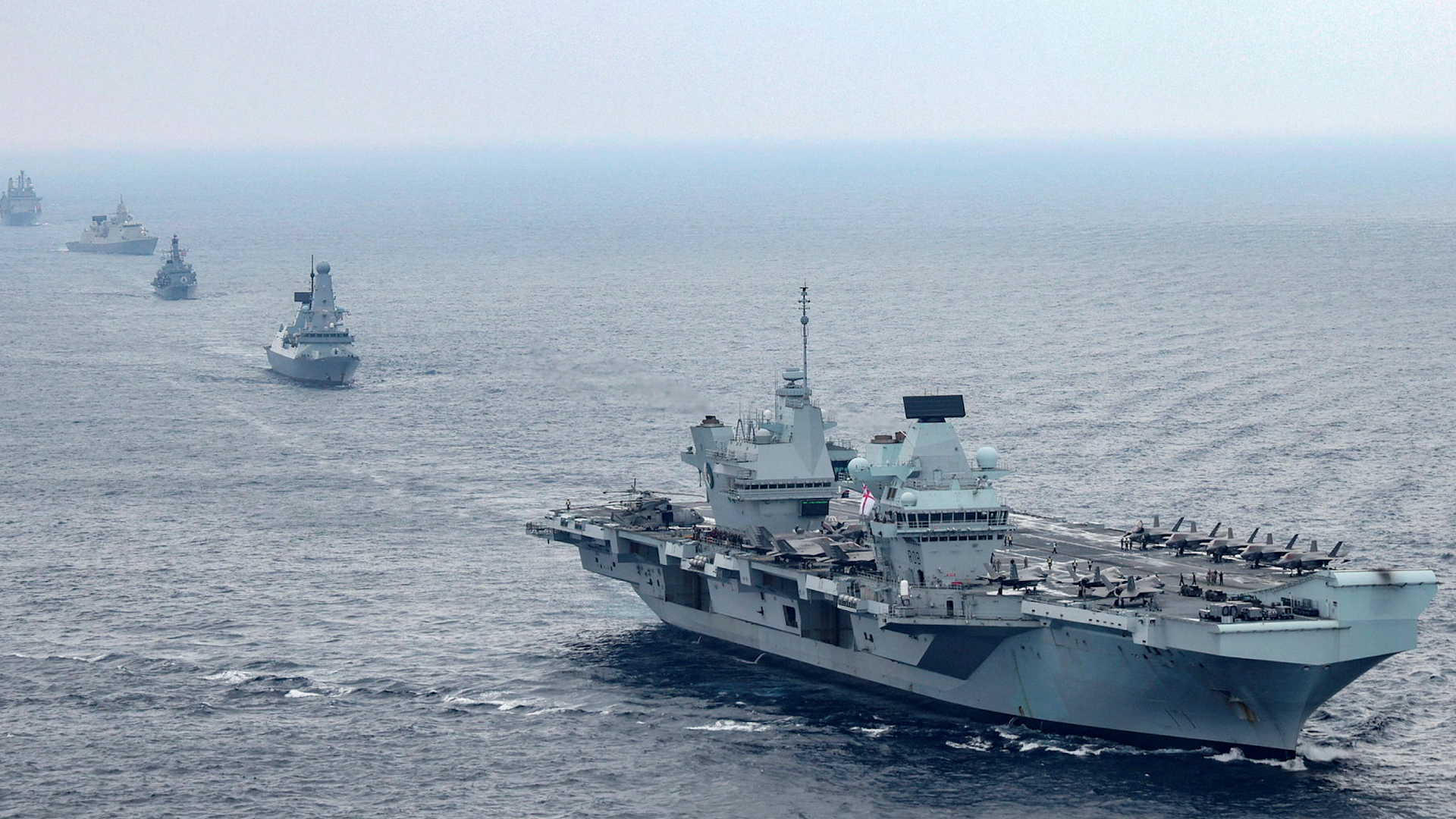
Sunak and Japanese PM sign deal on closer defence and security ties

Rishi Sunak and Japanese counterpart Fumio Kishida have signed a new agreement to build closer defence, security and cyber ties amid growing Chinese aggression.
Becoming the first British Prime Minister to visit Hiroshima, Mr Sunak joined his ally for dinner at his favourite restaurant on Thursday.
Mr Sunak committed to deploying a naval fleet in the Indo-Pacific, partnering on crucial semiconductors to reduce reliance on Beijing and doubling UK troops in joint exercises.
Downing Street said the pair discussed the possibility of further cooperation on military training and exercises as they agreed on the "systemic challenge China poses to our collective economic security and regional stability".
Under the 'Hiroshima Accord' with Japan, Mr Sunak will commit to deploying the Navy’s Carrier Strike Group to the Indo-Pacific in 2025.
Including an aircraft carrier and fighter jets, the fleet will work with the Japanese military and other allies to defend peace and stability in the region.
A fourth UK-Japan "vigilant isles" military exercise taking place in Japan later this year is being billed as the biggest yet and will include around 170 UK service personnel.
The UK and Japan have committed to consulting each other on key regional and global security issues and to consider measures in response.
They will also launch the semiconductors partnership to make use of British expertise and Japan’s materials to bolster supply chains amid concerns over Chinese dominance.
The G7 summit is being held in Hiroshima and gets underway on Friday.
Mr Sunak will sit down with allies including US President Joe Biden to discuss support for Ukraine in its fight against the Russian invasion.
They will also discuss the threat that Taiwan is under from China, both from military aggression and economic coercion such as blockades.
Before the summit begins, Mr Sunak on Friday will visit the A-bomb dome ruin in Hiroshima to reflect on the nuclear devastation at the end of the Second World War.









